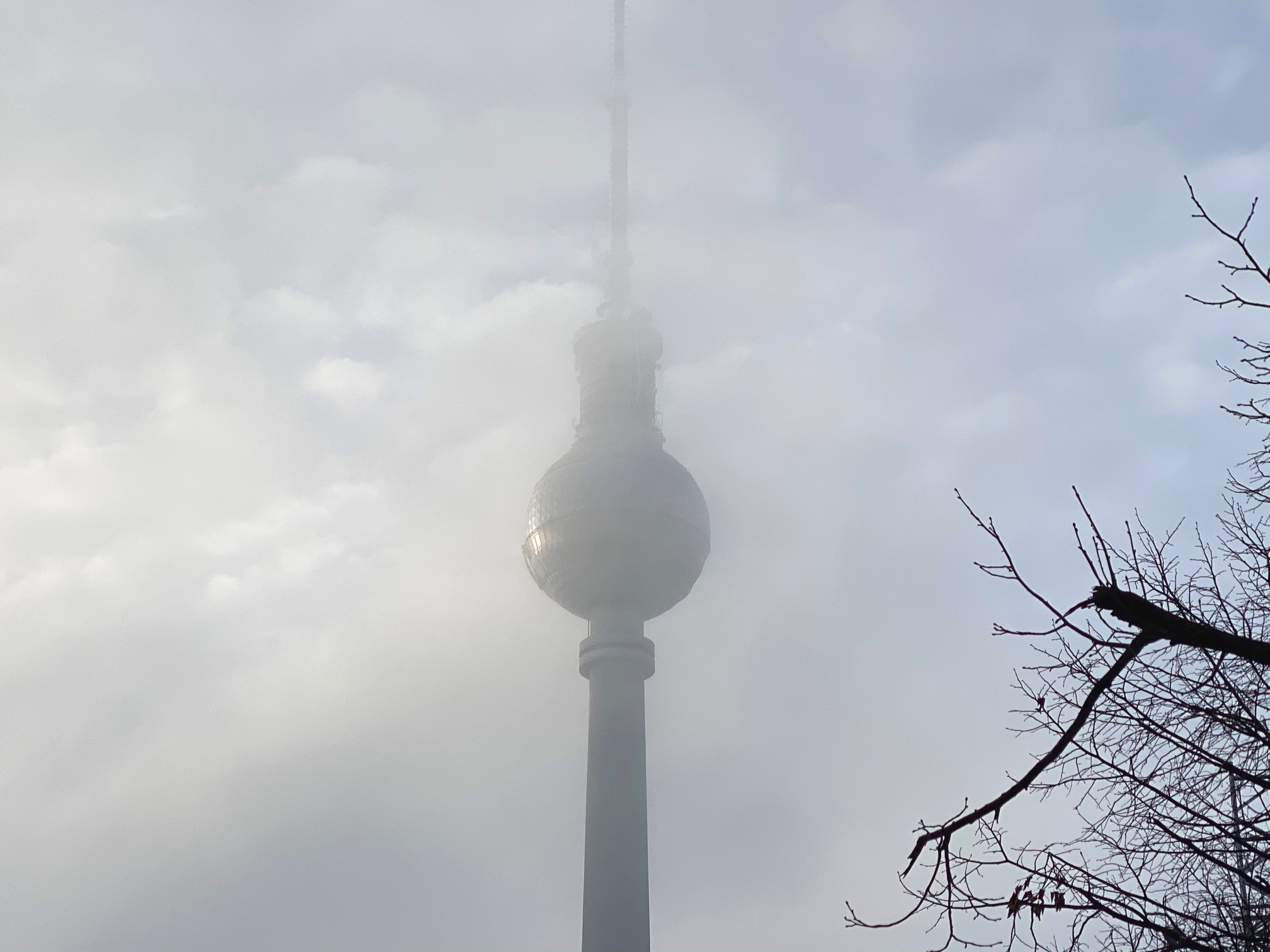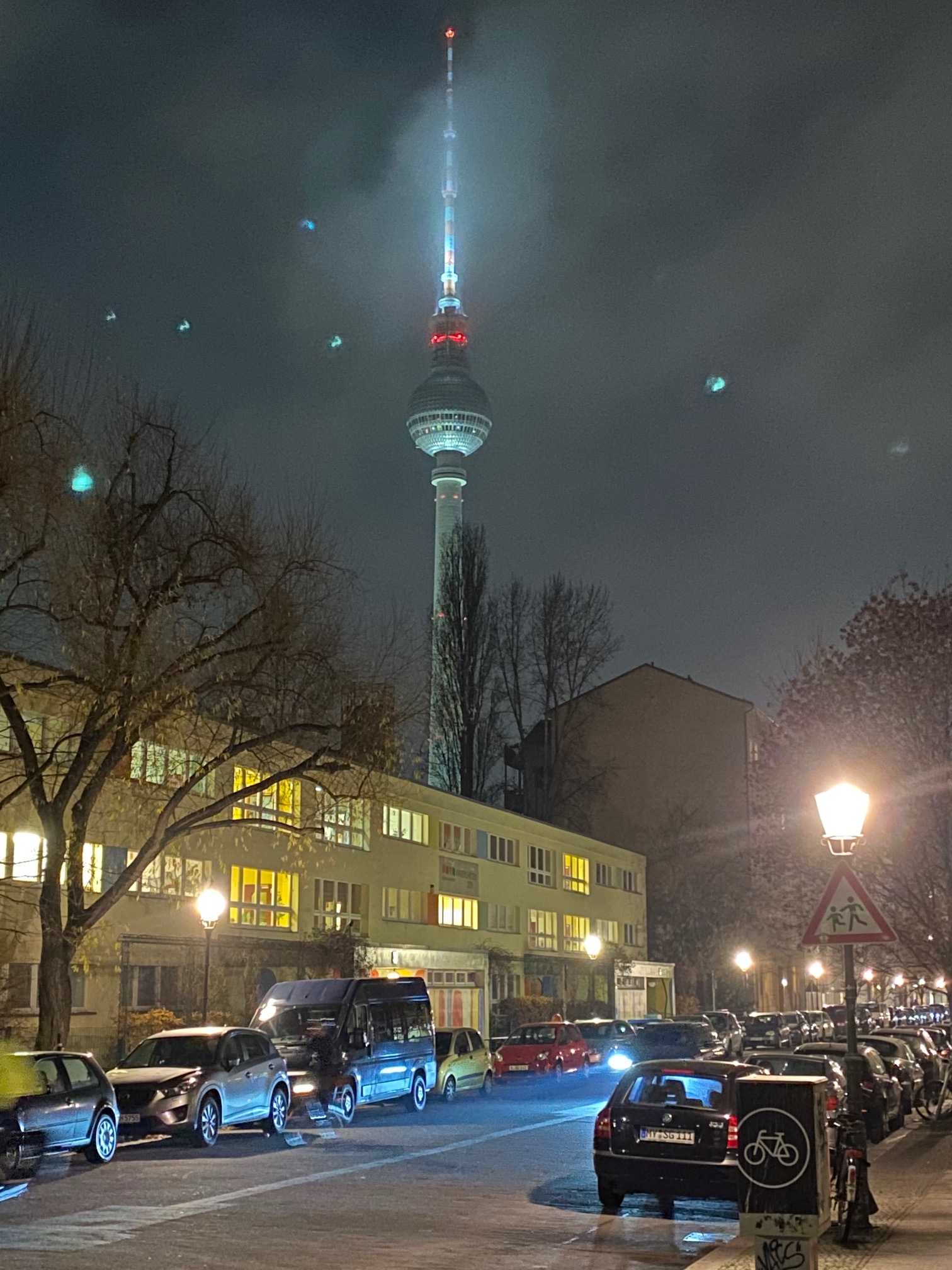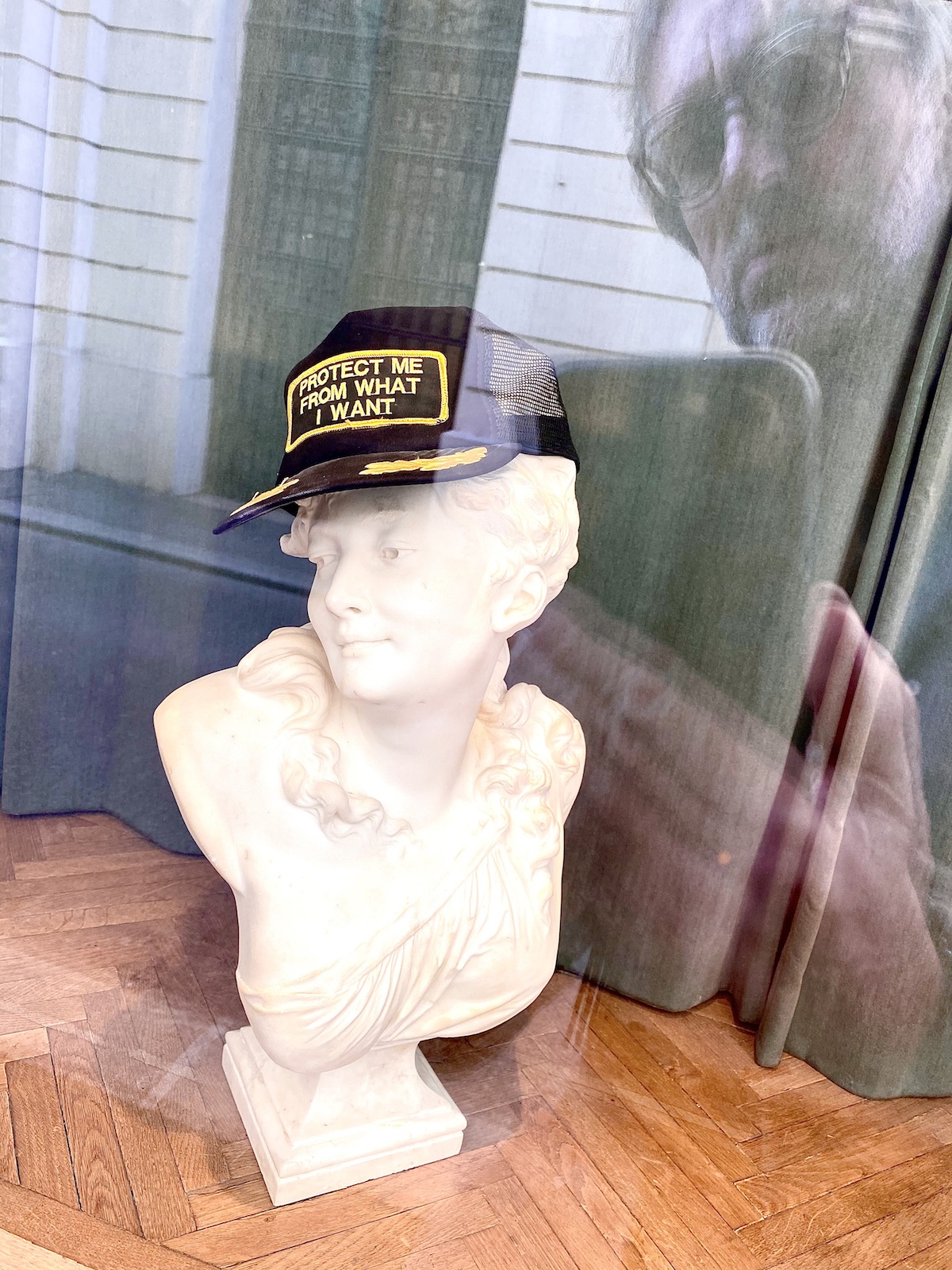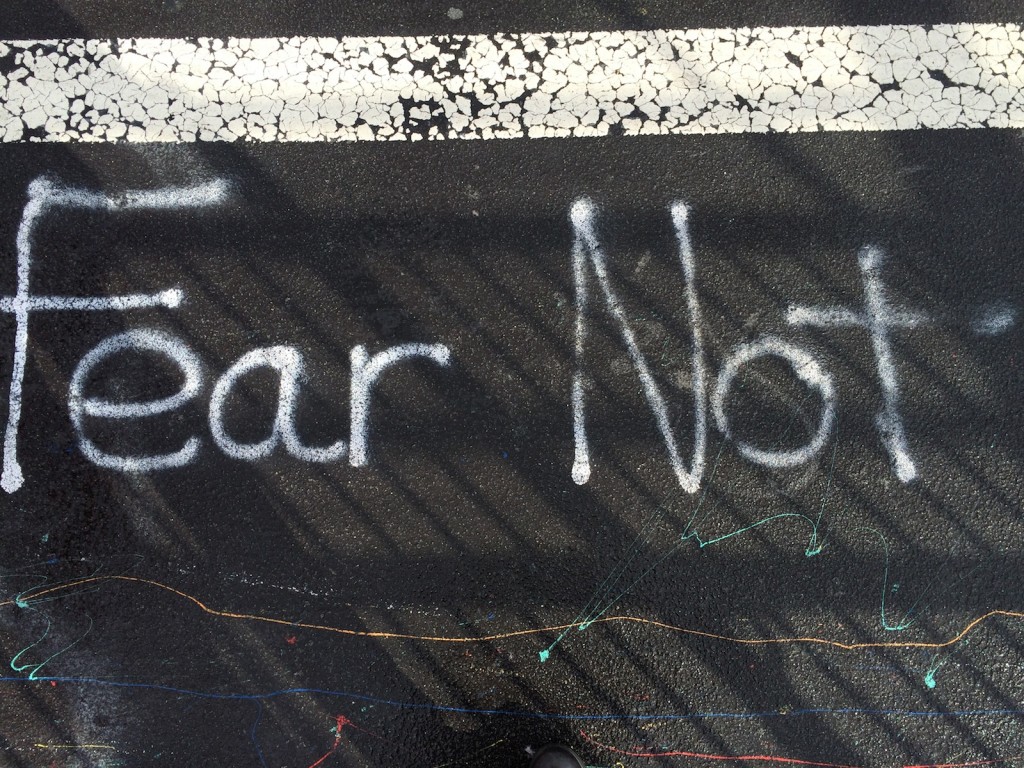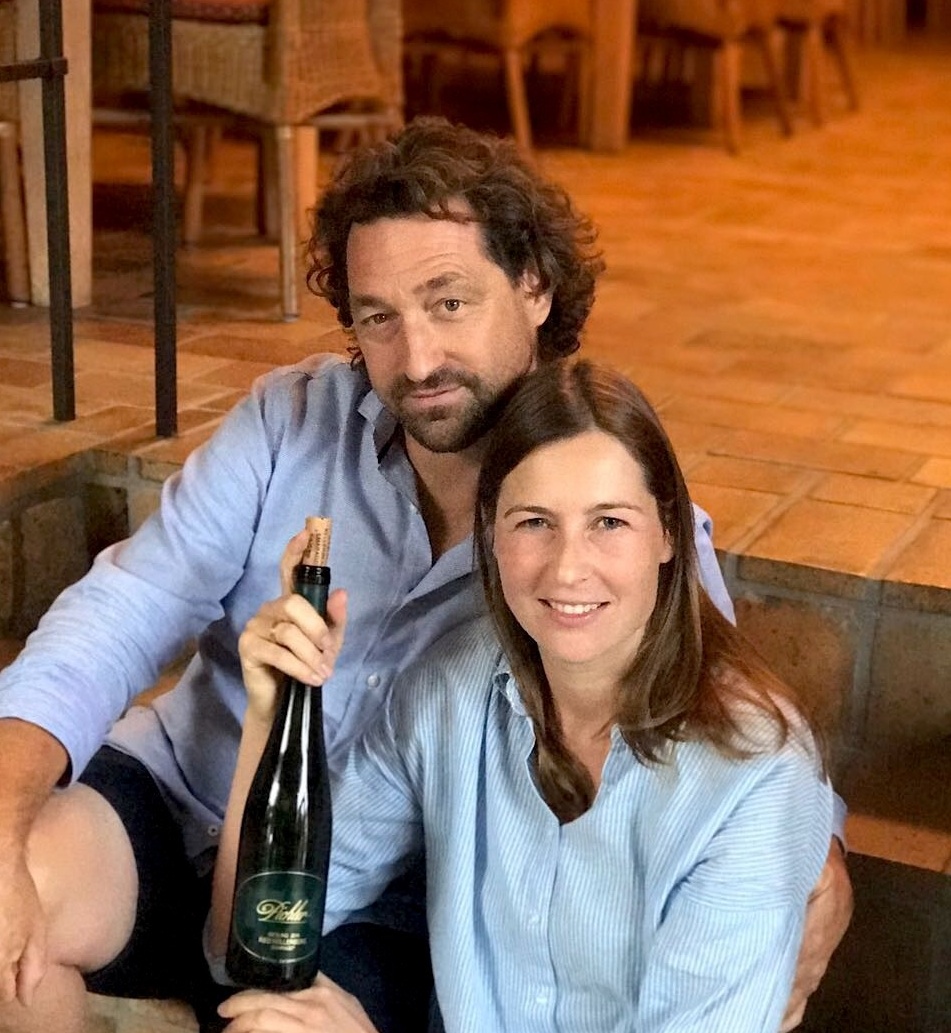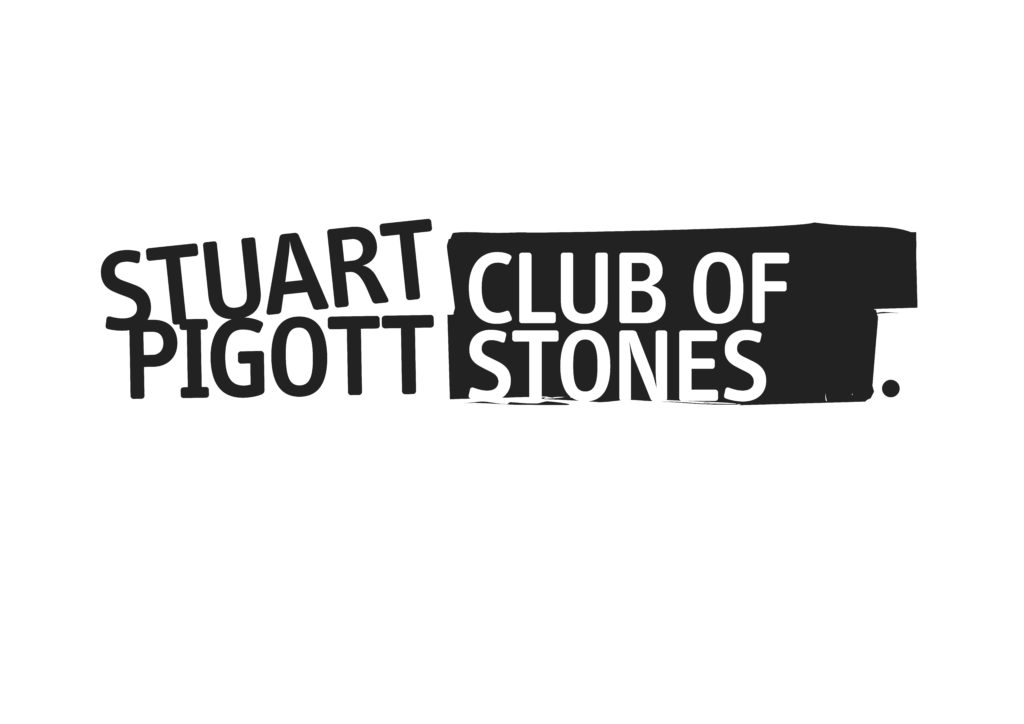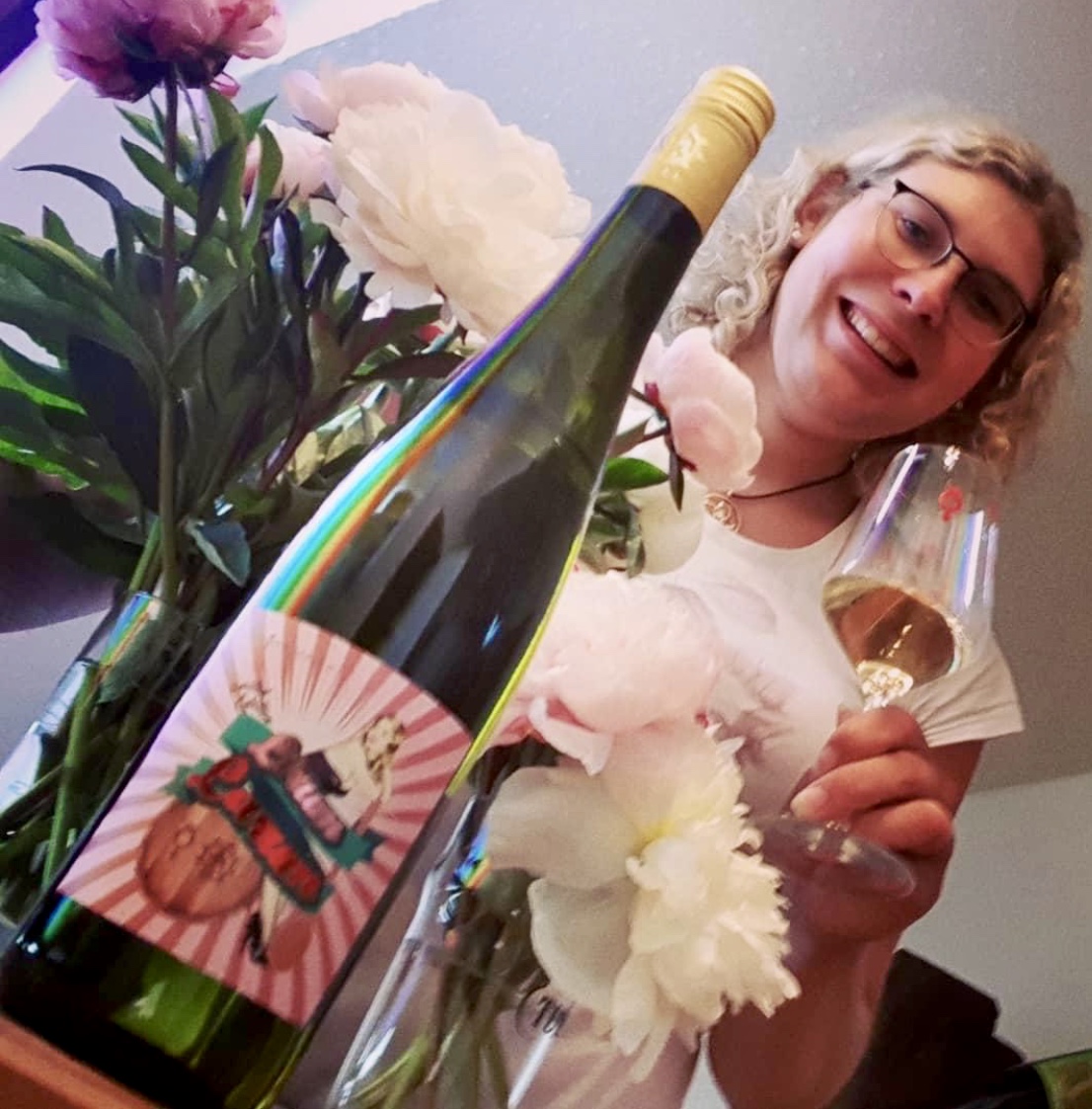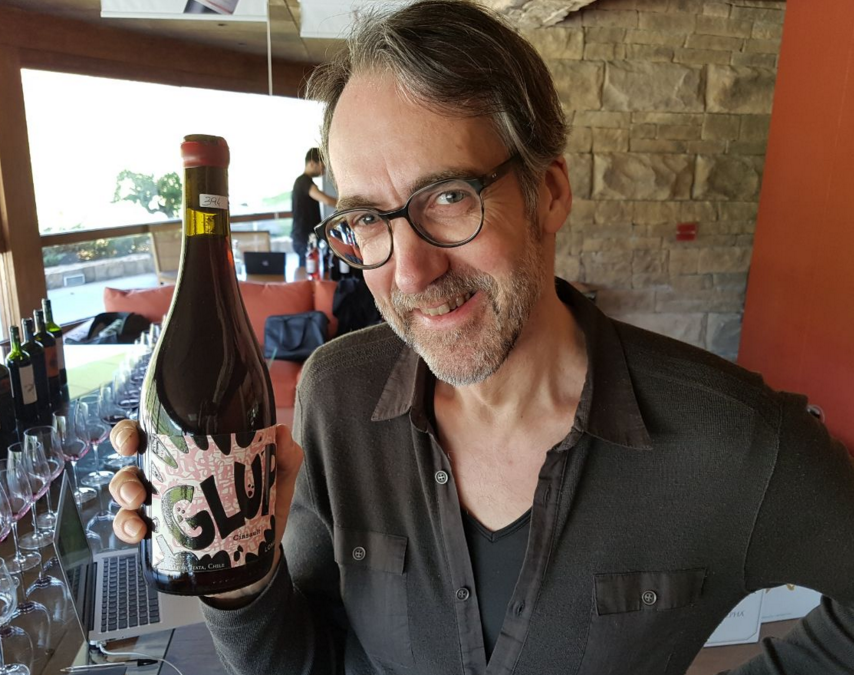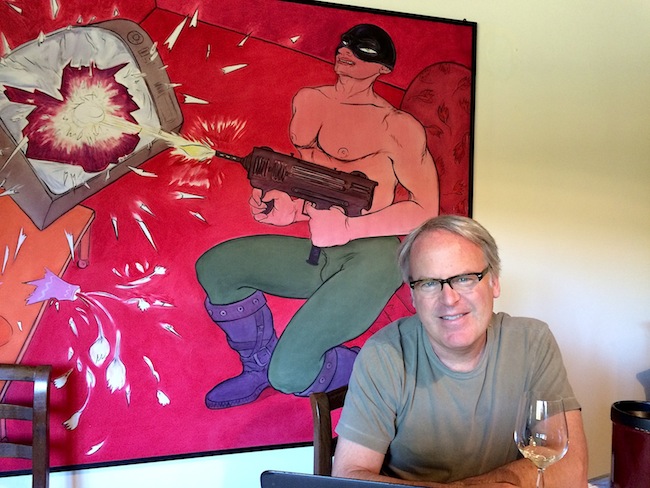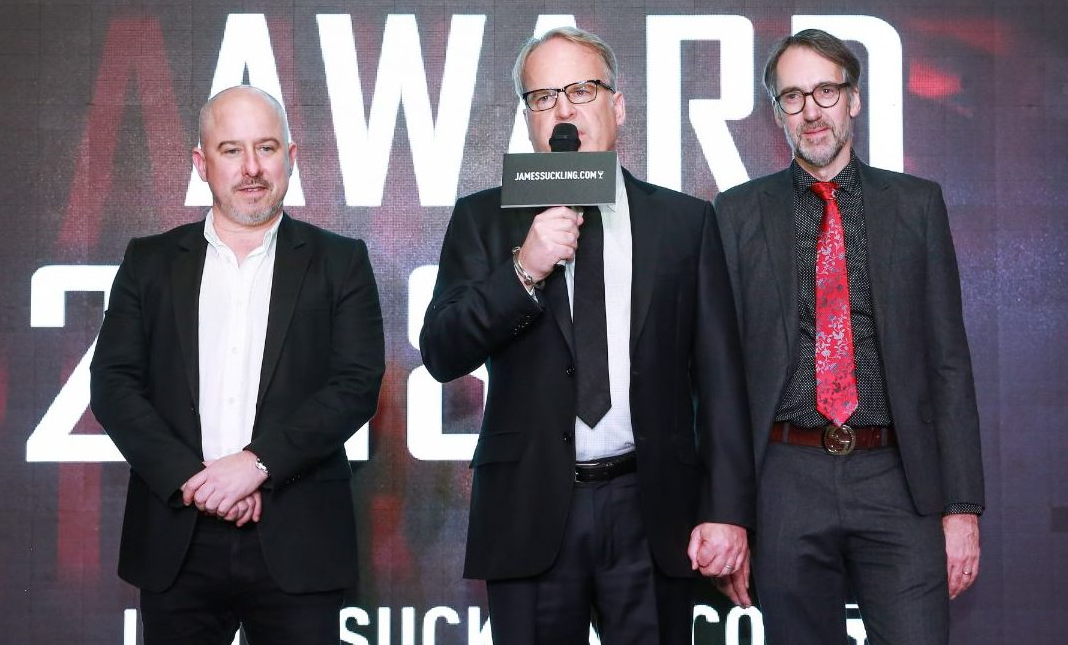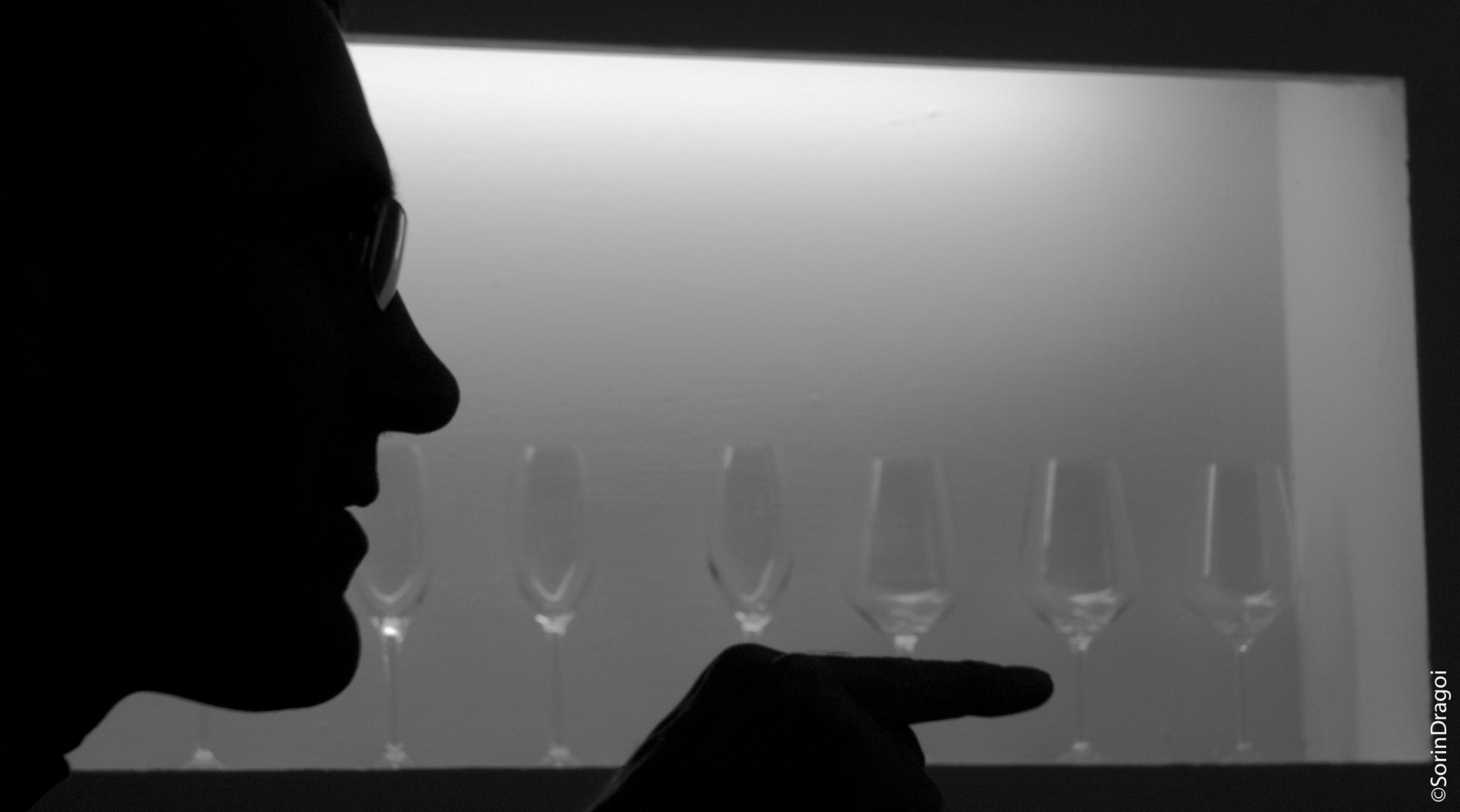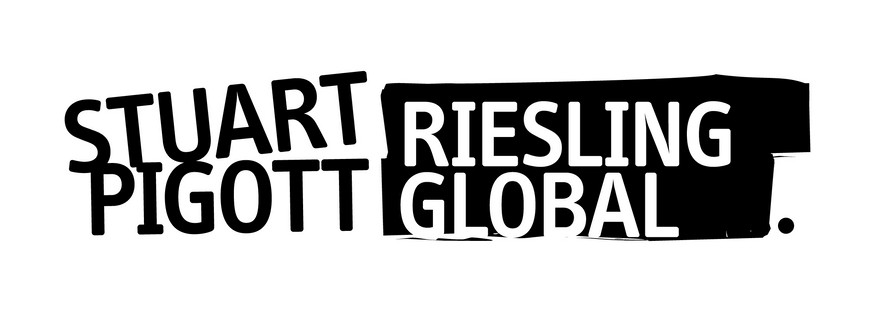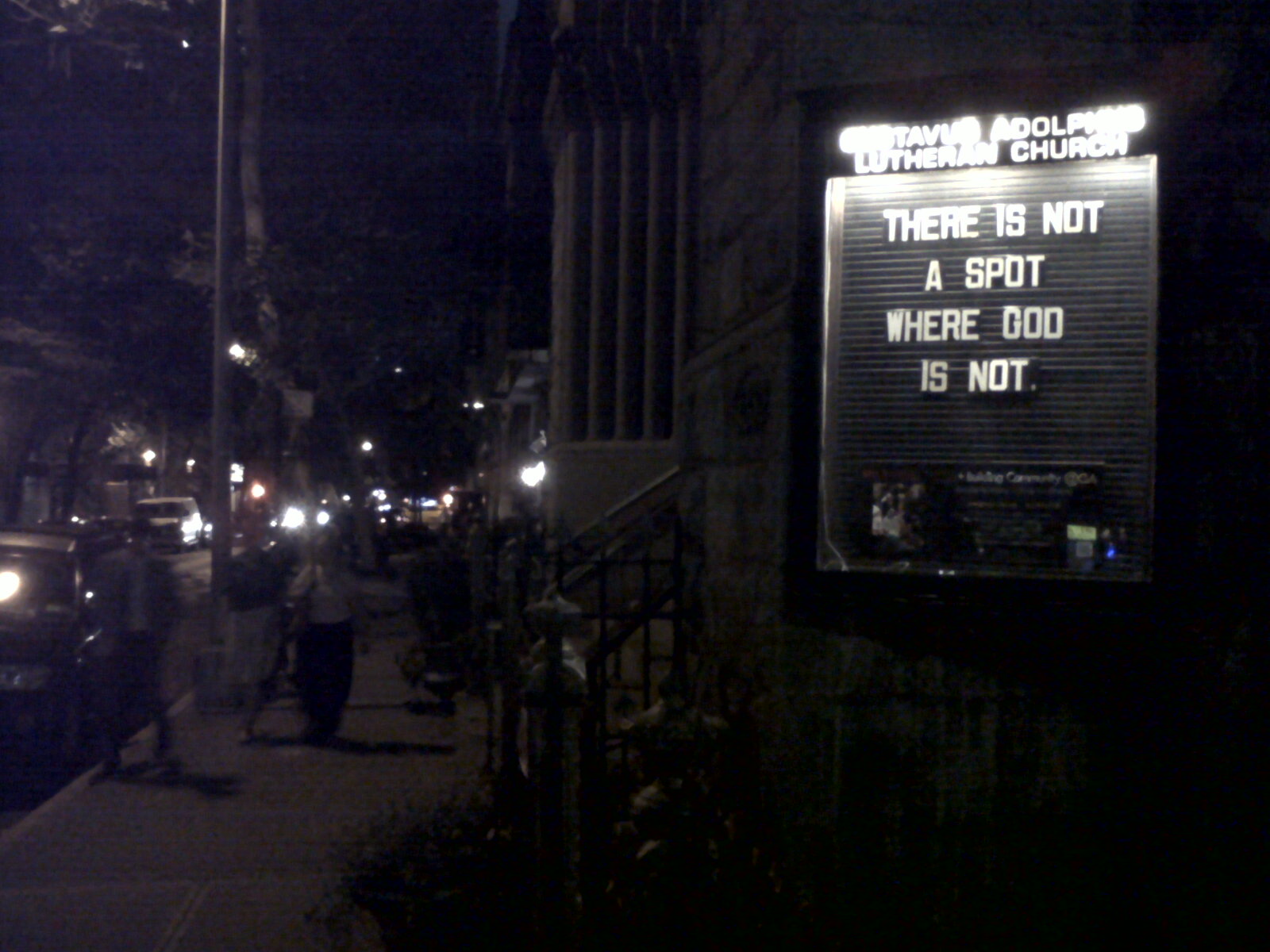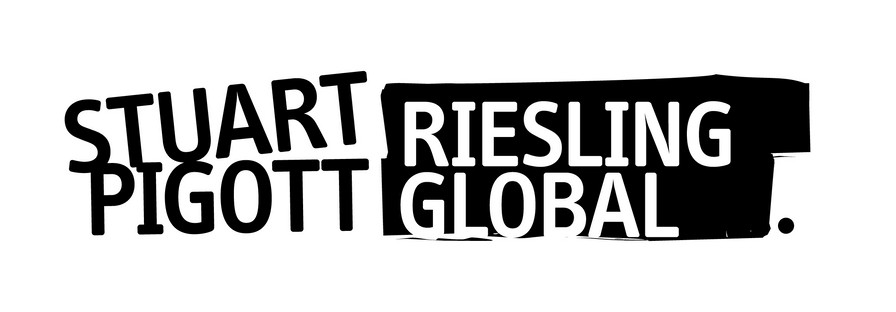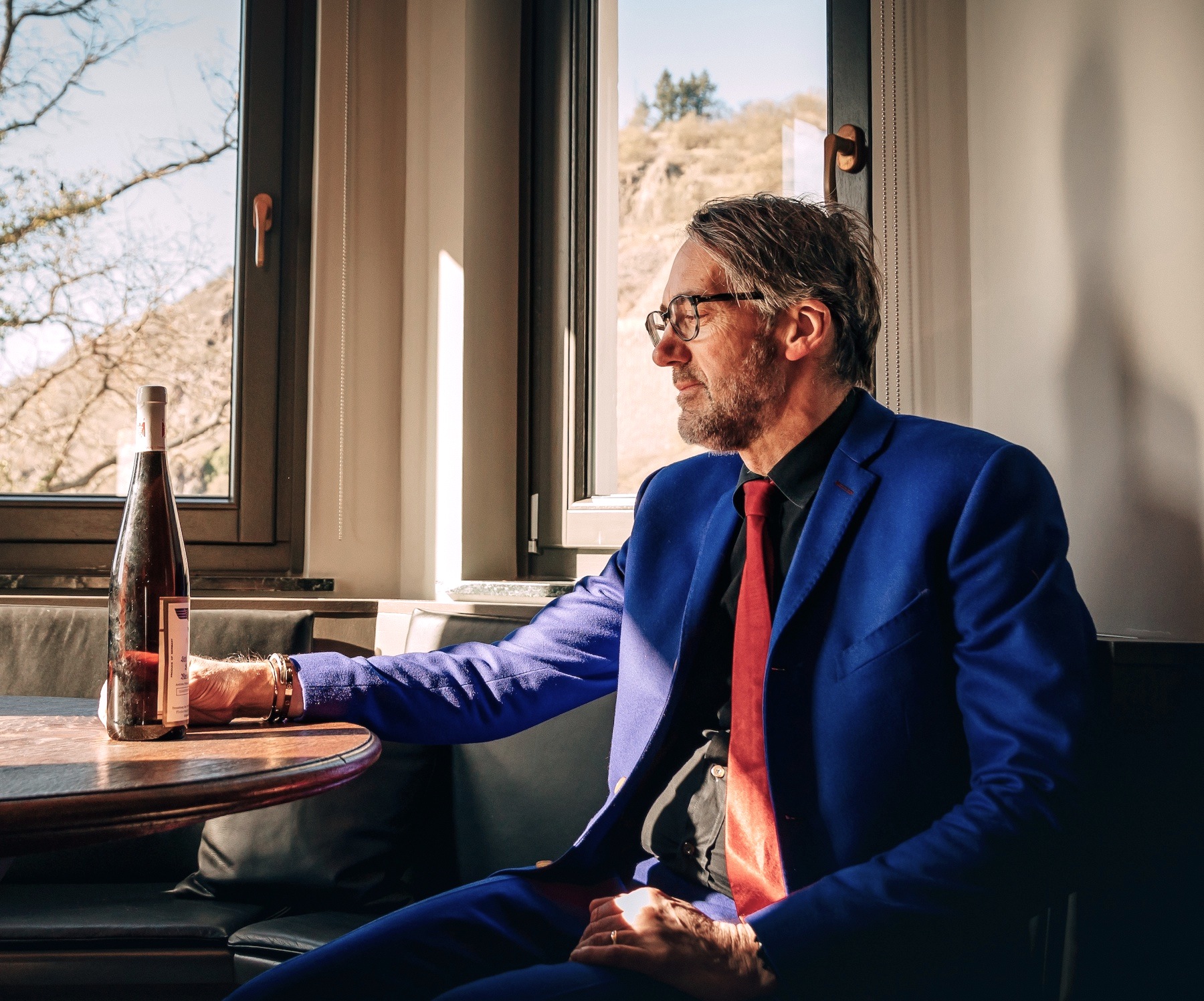
Welcome to the deep end of 2020, the shortest and darkest day of the year in the Northern Hemisphere and the original mid-winter festival. However, for the United Kingdom this is the Darkest Hour in my lifetime, and I am 60 years old. Not only has the last deadline for the negotiation of the post-Brexit trade treaty between the UK and the EU passed without positive result, but since midnight Germany, along with many European countries, has quarantined the UK due to the new strain of the coronavirus there.
England now find’s itself in a state of very Unsplendid Isolation. Although the shock of the referendum of 23rd June 2016 going in favour of the Leave campaign by a small margin was serious, I never imagined that the downhill slope this set the UK on would lead us to this terrible endpoint. During the last General Election campaign at the end of last year Prime Minister (Alexander) Boris (de Pfeffel) Johnson promised an “oven-ready” trade treaty with the EU. However, now the English Channel is deeper than it has been since the Fall of France in June 1940.

Of course, this is all very alarming, but some much less obvious developments in the UK make me feel equally worried. I am thinking particularly of the so-called Common Sense Group (CSG) of Conservative Party MPs and Peers. The formation last summer of this group with more than 50 members was inspired by the work of the co-called European Research Group (ERG) that successfully pushed the country in the direction of hard Brexit. The Cambridge Dictionary defines Common Sense as “the basic level of practical knowledge and judgment that we all need to help us live in a reasonable and safe way”, and that’s what it meant when I grew up in suburban London during the 1960s and 1970s. However, what the CSG members mean by this term is very different and far more dangerous.
Their goal is, among other things, to promote a simplified version of British history emphasizing the role of their choice of national heroes to intensify patriotism. Recently, to this end, they have targeted professional historians like Professor Corinne Fowler of the University of Leicester, accusing them of “rewriting” history and being “Marxist”. She is the author of an interim report for the National Trust entitled Colonialism and Properties now in the Care of the National Trust, Including Links with Historic Slavery. It makes clear the links between figures like Rudyard Kipling and Winston Churchill and British colonialism. None of that is disputed by anyone else familiar with the facts. Many of Rudyard Kipling’s literary works had more or less obvious colonial themes. Winston Churchill was Secretary of State for the Colonies in 1921-22 and decades after that remained committed to preserving the British Empire, as the texts of many of his speeches show.
The National Trust preserves and manages a large number of the stately homes of the UK, and the fortunes of many of the families who built those stately homes were earned in part either directly or indirectly through slavery. During the 18th century investing in slavery was normal among the upper classes and extended into the middle classes. For example, the extremely profitable sugar plantations in British and other colonies in the Caribbean were totally dependent upon slave labour. These are likewise well-known facts.
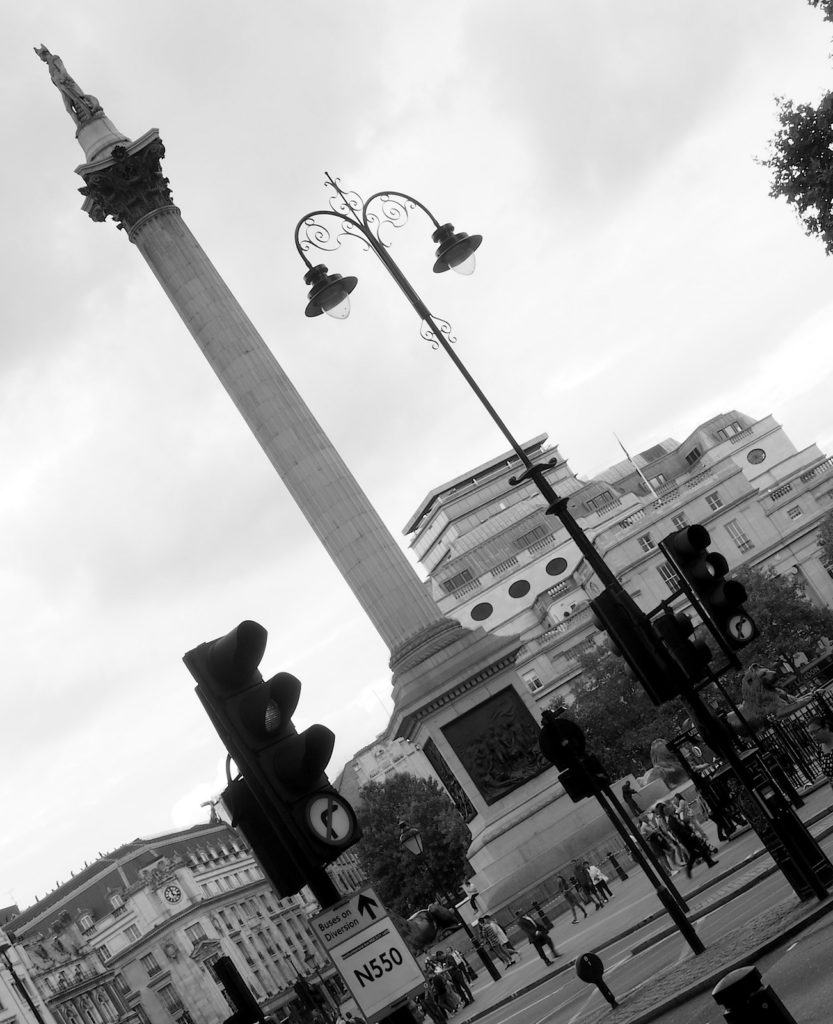
Fowler has repeatedly pointed out that her work is, “evidence-based scholarship”. She, like me, is a member of the reality-based community that rejects the manipulation of and/or suppression of facts. The members of the CSG want to stick with the forthrightly patriotic version of British history they learned at school during the post-WWII period, that I was also taught. When they call this “common sense” what they mean is that it should not ever be questioned. This form of nationalism seeks to avoid and reject everything uncomfortable in Britain’s past in order to idealize and glorify a small group of almost exclusively male national heroes. Their assigned role is to be the focus for a form of patriotism implicitly antagonistic to other cultures. For the CSG the waves that Britannia used to rule were also what separated us from the foreigners and all things foreign.
In short, the CSG see Britain as being in opposition to “the continent”, i.e. Continental Europe, along with the other continents, excluding only communities descended from British colonists. Their worldview is unashamedly neo-imperialist and, at least implicitly, white supremacist and sexist. They believe that Splendid Isolation from other nations, peoples and cultures is a crucial prerequisite for the UK’s future greatness. These are treated as being infections from which the island of Great Britain must be isolated in order to become great once again.
Of course, that is perverse when you consider how the UK is now quarantined due to an infectious disease there. Now the British nationalists (who are often actually English nationalists) have the isolation they seek, though in a decidedly unsplendid form. My fear is that not only will the economic crisis resulting from the double whammy of Brexit and Covid-19 cause great suffering in my home country, but that it will also result in the CSG’s “common sense” vision of history growing in influence. There’s a real danger that it might become dominant in a nationalistic official culture openly hostile to a wide range of other nations, peoples and cultures. That path leads in the direction of war.

